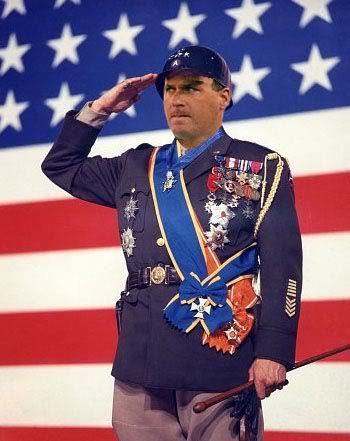Patton defined the term attack, Herb Brooks innovated it, Can Michigan do it?
January 15th, 2010 at 1:02 PM ^
January 15th, 2010 at 1:08 PM ^
January 15th, 2010 at 1:08 PM ^
January 15th, 2010 at 1:12 PM ^
January 15th, 2010 at 4:54 PM ^
January 15th, 2010 at 10:13 PM ^
January 15th, 2010 at 1:10 PM ^
January 15th, 2010 at 1:14 PM ^
January 15th, 2010 at 1:15 PM ^
January 15th, 2010 at 1:17 PM ^
January 15th, 2010 at 1:19 PM ^
January 15th, 2010 at 3:03 PM ^
January 15th, 2010 at 3:20 PM ^
January 15th, 2010 at 8:05 PM ^
January 15th, 2010 at 1:34 PM ^
January 15th, 2010 at 1:32 PM ^
January 15th, 2010 at 1:48 PM ^
January 15th, 2010 at 2:35 PM ^
January 15th, 2010 at 4:09 PM ^
"They're ivory! Only a pimp from a cheap New Orleans whore house would carry a pearl-handled revolver."from wikiquote
January 15th, 2010 at 4:16 PM ^
January 15th, 2010 at 2:36 PM ^
January 15th, 2010 at 4:29 PM ^
January 15th, 2010 at 4:48 PM ^
January 15th, 2010 at 5:27 PM ^
January 15th, 2010 at 6:16 PM ^
January 15th, 2010 at 6:20 PM ^
January 15th, 2010 at 4:41 PM ^
Football, on the other hand, has numerous stoppages of play, which allow the defense to regroup and overcome minor mistakes. If the offense does break through and score, they return the ball to the opponent with a kickoff. Now if the OP is proposing M develop a high-percenatge onside-kick recovery play, to be used 5-6 times per game, then I see the analogy. But until then, I'll side with those who say "Defense wins Championships".

